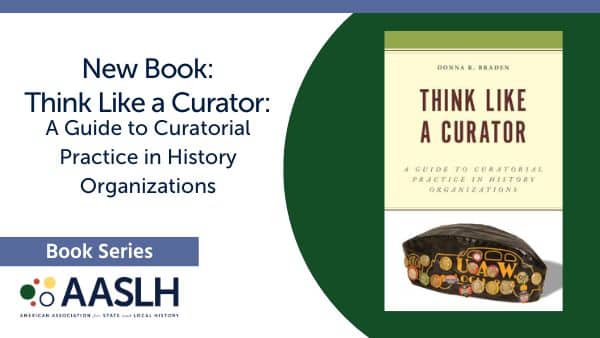 The American Alliance of Museums has declared the week of August 8-15 as the fourth annual “Invite Congress to Visit Your Museum Week.”
The American Alliance of Museums has declared the week of August 8-15 as the fourth annual “Invite Congress to Visit Your Museum Week.”
During the August recess, members of Congress are looking for ways to connect with their constituents and the institutions they value. State and local public officials are always interested in connecting with their communities, and what better way to help them do this than to invite them to your museum? A visit from your elected officials is a great opportunity to advocate for the importance of cultural institutions in Congress, as well as a chance for them to learn more about the communities they represent.
AAM has assembled a number of online resources to help you participate, including templates for invitations, talking points, and suggestions for making the most of a visit. There are also tips for compiling educational and economic impact statements so you can discuss your museum’s contributions and outcomes with your representatives. “We know what museums do in their communities every day – teaching school children, providing a welcome learning space for those on the autism spectrum, opening their doors to military personnel and their families,” said former AAM President Ford W. Bell. “And this is just a small sampling of what goes on at museums around the country. It is up to us to invite legislators in and show them all the ways that museums are essential. I hope every museum will use these tools to invite Congress to visit your museum today.”
You can follow the campaign on Twitter with #InviteCongress. Even if you can’t schedule a visit that week, pledge to reach out to your representatives in 2015 and advocate for your museum as a place worth visiting, funding, and supporting. This is especially important this summer as Congress considers proposed funding cuts to the National Endowment for the Arts (NEA) and the National Endowment for the Humanities (NEH).
A Congress that visits museum will be a Congress that supports museums, so we challenge all our members — museums, historic houses, preservation societies, historical societies, and others — to invite your state and city representatives to your site. Call your mayor, city councilmen, and state representatives today, and start your advocacy work by making sure your city’s elected officials know how important you are!



